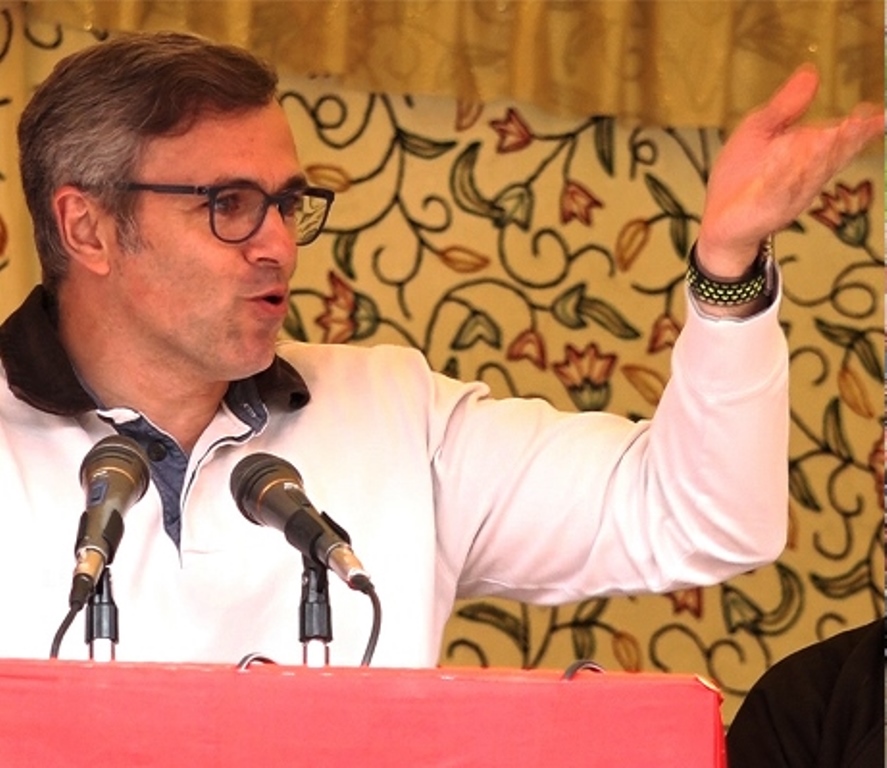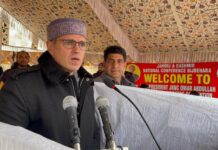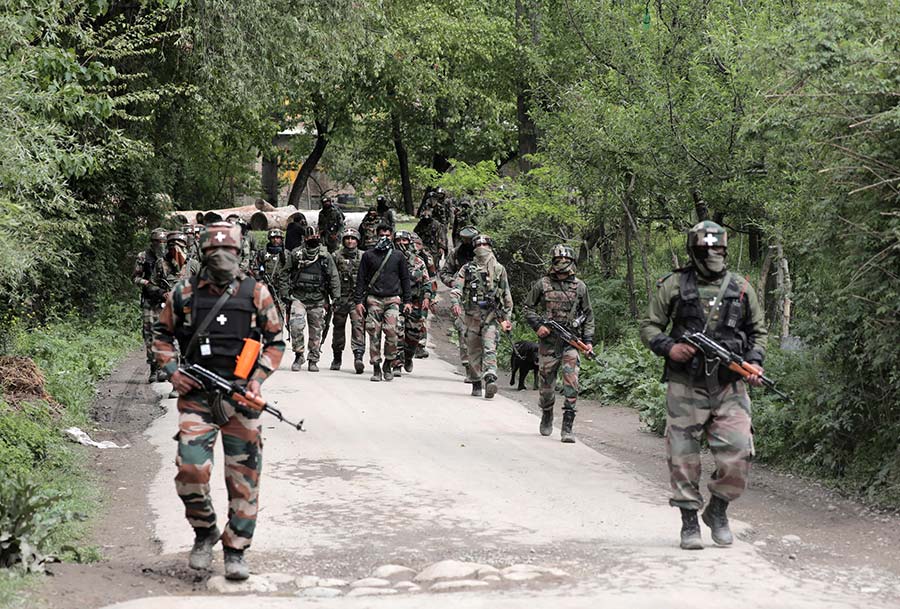KL Report
Srinagar
Reiterating that he had no say in the execution, what his political rivals allege, Jammu and Kashmir Chief Minister Omar Abdullah Sunday revealed his apprehensions about the fall out of Afzal Guru’s hanging in Kashmir and claims that his job has been of dealing with the fallout only.
“My rivals want to pin the execution on me whereas my only job has been of dealing with its fallout. These decisions are not made by taking the entire Cabinet or the allies into confidence,” said Omar.
In an exclusive to NDTV, Omar slammed the execution of Afzal Guru and said he fears it will fuel the feeling of alienation in his state, especially among young Kashmiris. He also found it outrageous that Guru’s family was denied one last meeting with him.
“The long term implications of Afzal Guru’s execution are worrying as they are linked to the people of Kashmir, especially the younger generation. Like it or not, the execution has reinforced the point that there is no justice. We will have to deal with how we can change that sort of alienation,” said Omar.
Immediately after Guru’s execution on Saturday, Omar in his brief press conference where he evaded questions repeatedly said that in past he stressed centre government that Guru’s execution could have severe repercussions in Jammu and Kashmir.
Visibly disturbed, Omar appealed people of state to stay calm and warned of attempts by sections to gain political advantage out of the execution.
Admitting the fact, Omar while talking to NDTV said that the immediate fallout of Guru’s hanging was security-related and it was far less challenging than the long term effects.
Omar echoing the views of family said that they had the right to meet him. “As a human being, I cannot reconcile to the fact that Afzal Guru was not allowed to see his family. That is one of the biggest tragedies of this execution,” he said.
While he made it clear he wasn’t seeking a review of the case, Abdullah said the view that Guru didn’t get a fair trial was shared by people beyond his state. “The Supreme Court judgment in the case talks about strong circumstantial evidence and about satisfying the collective conscience of the society. You don’t hang people because the society demands it. You hang people before the law demands it,” he told to NDTV.
Omar was candid to confess that his government was beforehand prepared to deal with the situation emerging after Guru’s execution.
“State government did anticipate Guru’s hanging once 26/11 terrorist Ajmal Kasab was executed in November last year. I had asked security officials to begin work on a standard operating procedure that would be followed should Guru be executed,” he said.















